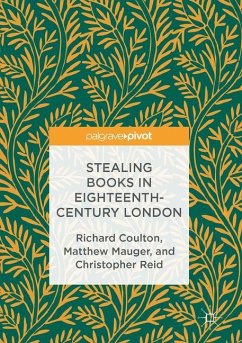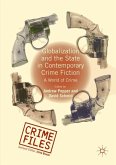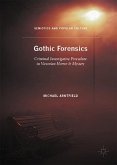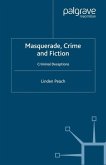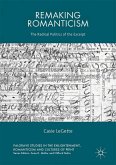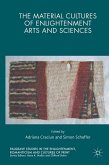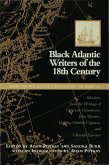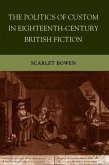This study offers an authoritative and readable account of the hidden history of book theft in eighteenth-century London. It exploits a rich primary source, the compelling narratives of crime contained in the digitised Proceedings of the Old Bailey. The authors explain how cases of book theft came to court, and how in the ensuing trials the nature of the book itself became a question for legal debate. They assess the motives which led Londoners to steal books and the methods they employed in thefts from households and booksellers. Finally, the authors ask what the Proceedings tells us about the social ownership of books, and how the phenomenon of book theft differently affected book producers and consumers. Stealing Books in Eighteenth-Century London will appeal to readers interested in the connected histories of metropolitan life, crime, and the book in this period, and in the uses of digital resources in humanities research.
"This excellent little book, Stealing Books in Eighteenth-Century London, showcases some of the best qualities of the digital humanities by offering new insights into book ownership and literary culture and by confirming stereotypes about criminal life in eighteenth-century London. ... Stealing Books is a joy to read because it is so exceedingly well-written and quick-paced. ... Anybody interested in the histories of London, crime, and the book will benefit greatly from reading this short volume." (Franco Arato, Eighteenth-Century Studies, Vol. 51 (2), 2017)

